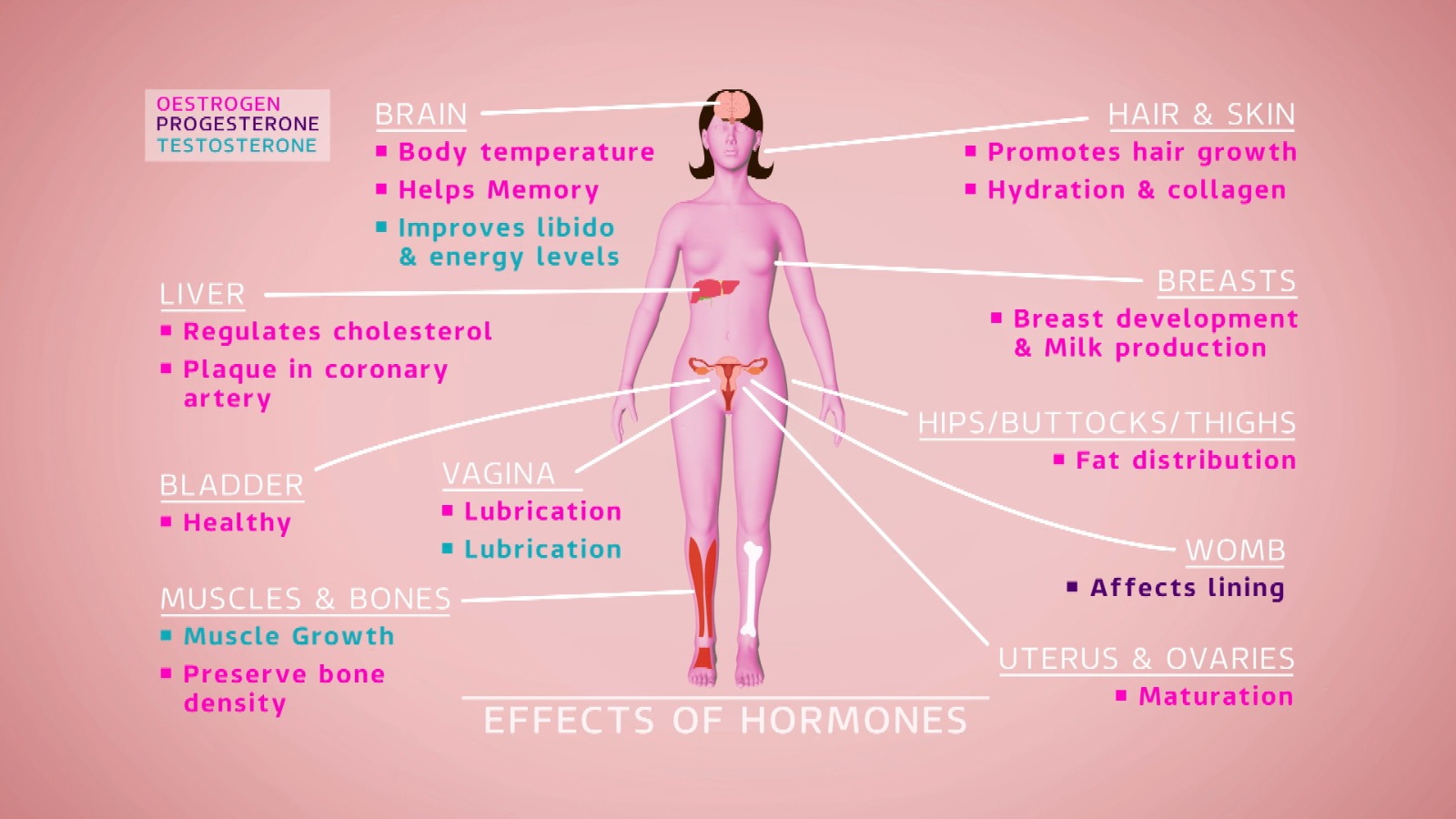Perimenopause is the menopause transition phase . During this transition, a woman’s oestrogen levels gradually decline causing THE menstrual cycleS to become erratic or irregular.this transition is gradual and variable.
Perimenopause may begin as early as your mid-30s or as late as your mid-50s. The average age of menopause is 45 years in India . It may last for four to eight years.
During perimenopause, your fertility is declining.The symptoms of perimenopause, the age it starts and how long it lasts will vary between women. Once you’ve had 12 consecutive months without a menstrual period ,that means YOU entered into menopause phase.
Your ovaries produce oestrogen and progesterone which are responsible for ovulation and menstruation.AS YOU AS YOU AGE ,Your ovaries begin to produce less estrogen and when you entered into menopause ,ovaries are no longer able to release the eggs and it is a normal progression in a woman’s reproductive cycle.
During perimenopause, periods may become irregular, lighter or heavier. Some women may have no menstrual bleeding for months and then have a period, others may have shorter cycles and intermenstrual bleeding.Most women glide through this period comfortably while some experience distressing symptoms.
most of the people experience at least one of the following:
- Irregular periods
- Periods that are heavier or lighter than usual.
- Hot flashes (a sudden feeling of warmth that spreads across your body).
- Vaginal dryness and discomfort during sex.
- low estrogen levels may result in the thinning of urinary and vaginal lining leading to vaginal dryness and painful intercourse. In severe cases, urinary incontinence (leakage during cough/sneezing or urgency — inability to hold urine) may occur.
- Sleep problems
- irritability, depression or mood swings.
.The decrease in estrogen also can lead to bone thinning and women might complain about joint pains and are more prone for fractures.
EVEN THOUGH Irregular periods are common and normal during perimenopause, we need to rule out other conditions that can cause abnormalities in menstrual bleeding.
Potential causes of abnormal bleeding include perimenopause, infection, pregnancy-related bleeding, fibroids, blood-clotting problems, endometrial polyps, miscarriage, taking blood thinners or cancer.
As women might still release eggs in perimenopause phase ,pregnancy should be ruled out
There is no definite way to diagnose perimenopause. A woman in her 40s, who has few or more of the above symptoms is likely to be experiencing perimenopause.
. Perimenopause is a natural part of life.its always better to reach out to health care provider who will help you with the symptoms.
TO manage perimenopause symptoms at home one can have a
- Healthy life style
- MAINTAIN sleep hygiene .
- Limit alcohol and caffeine intake
- Practice meditation or other stress management techniques.
- Stop smoking
- It IS very common for women in perimenopause to gain weight once their estrogen levels start to decline. Maintaining a healthy diet and regular exercise can help prevent weight gain during the transition to menopause.Perform weight-bearing exercises like walking and Strength training.
UNFORTUNATELY ,MENOPAUSE IS OCCURING AT AN EARLY AGE NOW A DAYS EVEN IN INDIA , BECAUSE OF OUR LIFESTYLE CHANGES, SMOKING ,STRESS AND INCREASED INCIDENCE OF CANCERS. AND YOU ARE NOT ALONE IN THIS ,SO ALWAYS REACH OUT FOR HELP



